Bangladesh lifts ban on Facebook
Govt ordered Facebook, WhatsApp and Viber blocked last month as opposition leaders lost appeals against death penalty
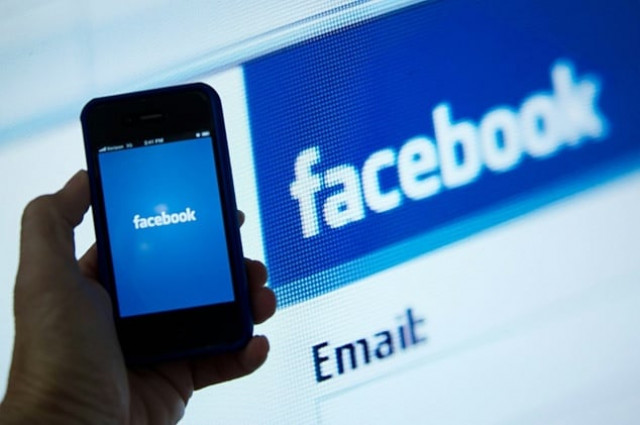
Govt ordered Facebook, WhatsApp and Viber blocked last month as opposition leaders lost appeals against death penalty. PHOTO: AFP
The government ordered Facebook, WhatsApp and Viber blocked last month after two opposition leaders lost their appeals against the death penalty for war crimes committed during the 1971 independence conflict.
The pair were hanged days later, hiking fears of opposition unrest in a country already reeling from deadly attacks by suspected militants.
Telecoms minister Tarana Halim said although Facebook could now be accessed, bans on WhatsApp and Viber would continue for "security reasons".
Facebook, WhatsApp, Viber blocked ‘indefinitely’ in Bangladesh
"As per recommendation from the home ministry, we have given directives to all the telecom service providers to unblock Facebook immediately," Halim told reporters in Dhaka.
Bangladesh temporarily barred messaging services Tango and Viber in January after they became a popular way of mobilising large numbers of activists for anti-government protests.
The minister thanked Internet users for "keeping patience" during the current ban after hundreds of youths protested on the streets last week, branding the move a suppression of freedom of expression.
A court last month rejected appeals by Salahuddin Quader Chowdhury and Ali Ahsan Mujahid, who were found guilty of atrocities carried out during the war with Pakistan.
Bangladesh hangs opposition leaders for war crimes
Similar convictions in 2013 triggered the country's deadliest violence since independence, with some 500 people killed -- mainly in clashes between opposition activists and police.
Bangladesh is also tense after a series of recent attacks blamed on militants, including the murders of two foreigners and the hacking to death of four atheist bloggers and a publisher.
In 2009, Bangladesh blocked Facebook after a paramilitary revolt left 57 army officers dead.

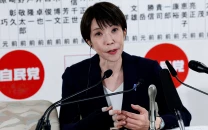
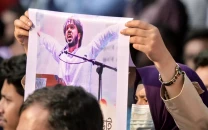
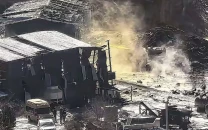
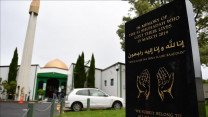

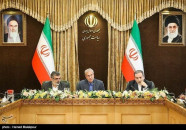












COMMENTS
Comments are moderated and generally will be posted if they are on-topic and not abusive.
For more information, please see our Comments FAQ